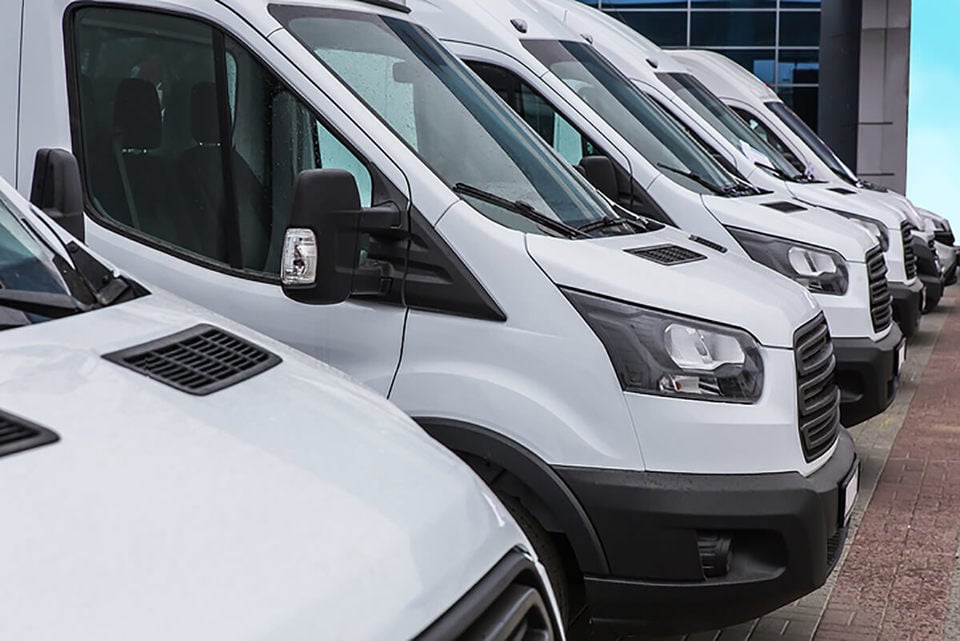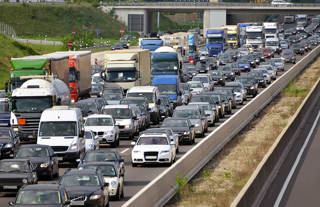ParcelHero has forecast a doubling of home deliveries in the event of a UK Coronavirus epidemic, as shoppers seek to avoid crowded stores.
However, it says retailers and their courier partners must do more to ease concerns for both customers and drivers.
It is warning that a projected 100% increase in home deliveries will transfer the coronavirus front line to shoppers’ doorsteps, and all retailers must collaborate with their delivery and courier partners to change the protocols around home deliveries.
ParcelHero’s head of consumer research, David Jinks, said: “The move from shopping in store to home deliveries makes strong sense. But home shoppers need to know they are not at unnecessary risk while their shopping is being delivered; and drivers need to feel they are not being placed in harm’s way, especially if they are delivering to households in self isolation. That means the traditional way retailers and couriers deliver items has to change.
“With companies like Waitrose confirming they are happy to deliver to houses in self isolation, shoppers and drivers need to be confident any risk is minimised during the delivery process.
“Everyone needs to know what the procedures are to minimise the risk of transmission.”
Jinks says that personal contact and the use of handheld electronic signature pads are potential flashpoints.
“The problem is that the majority of retail and courier deliveries require confirmation an order has been delivered, for the peace of mind of both the buyer and the seller,” continued Jinks.
“Currently, some retailers and parcel services are suspending the need for a signature, provided that the customer has contacted the retailer and notified them they are self-isolating. But this has not been widely publicised and is clearly not ideal in the longer term.
“It should be made possible for the receiver to sign online when the items are delivered, as is widely practiced in some EU countries.”
Having drivers come into peoples’ homes is another point where the virus may be transmitted. Jinks believes that these traditional practices have to change and both shoppers and drivers need to see consistency in this.
Waitrose has told its customers: “If you are self-isolating, we will be happy to deliver to you but please contact customer care once you have booked your slot to discuss specific arrangements, including where we can leave your shopping”.
That last point, “where we can leave your shopping” is key, says Jinks. Many shoppers probably have alternative delivery points registered with couriers, for if they are not going to be in, such as a porch, shed or garage.
Such areas might need to be shared to all retailers and drivers as potential drop off points for both food and parcel deliveries, to minimise any need for contact.
“Similarly, people needing to send a parcel will probably feel more comfortable having their package picked up by courier rather than queuing at a Post Office,” he said.
“Again, the designated drop off point could also be a pick-up point to avoid physical contact with the courier.”






















Login to comment
Comments
No comments have been made yet.